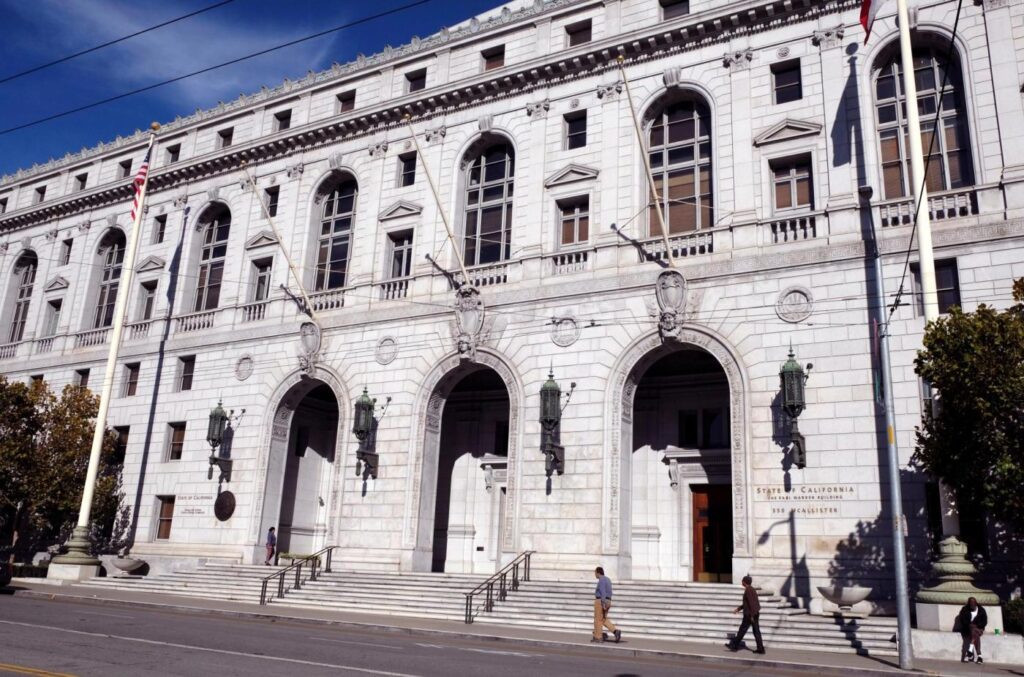
In civilized societies, the idea of vigilante justice is frowned upon because those carrying out “justice” lack oversight from both voters and elected officials. That’s why most states avoid such policies.
But in California, the task of maintaining justice under our 1000-page labor code has been assigned to private trial lawyers who care more about their bottom line than any notion of justice. The Private Attorneys General Act (PAGA) has left the rights and dignity of California employers in the hands of trial attorneys who bare almost no oversight and owe nothing to the people.
It’s not supposed to be this way.
That’s why my organization, the California Business and Industrial Alliance (CABIA), has filed a petition for review to the California Supreme Court demanding that it examine PAGA and explain why the executive branch has been able to abandon its power of labor law enforcement while allowing the highest bidder to pick up the task.
The separation of powers is a foundational element of California’s constitution. Yet under PAGA, the legislative branch has forced the executive branch to turn over its power to private attorneys who have no obligation to the people. Currently, the LWDA reviews less than 1% of cases before they are tossed to PAGA litigants. There is almost no oversight on the PAGA system.
Naturally, the results have been disastrous for both employees and employers alike.
PAGA allows private attorneys to enforce the state’s 1000-page labor code by filing lawsuits on behalf of employees. Thousands of PAGA lawsuits are filed each year. Research from the CABIA Foundation has revealed that PAGA lawsuits have enriched trial attorneys while leaving businesses and workers with less.
Under PAGA-decided cases, the average worker was awarded received a 4.5 times smaller reward than when cases were decided by the Labor and Workforce Development Agency (LWDA) with workers receiving an average award of $1,300 and $5,700, respectively. Moreover, it takes nearly twice as long – a difference of roughly one year – for workers to receive their awards under PAGA-decided cases than when the LWDA handles the case.
Despite workers receiving significantly larger rewards under LWDA-decided cases, employers pay out way less. The average LWDA case costs employers an average of $790,000 while the average PAGA-decided case costs employers $1.1 million in total fees.
If workers are receiving less and it’s costing employers more, where does all that money go? The PAGA attorneys.
In an average PAGA-decided case, the trial attorney receives more than $372,000. It’s no surprise that one PAGA attorney put a custom “MR PAGA” license plate on his Rolls Royce.
No employers are safe from PAGA. Schools, hospitals, places of worship, labor unions, and small businesses have all felt the destructive weight of PAGA lawsuits. Even the smallest mistake – such as a misspelled name – can cost these small organizations millions of dollars.
While large operations and tech companies can afford labor attorneys to ensure the company complies with the confusing mess that is California’s labor code, these small organizations are sitting ducks to PAGA attorneys looking to make a quick buck.
Does that sound like justice?
Californians deserve to know why their executive branch under PAGA has abandoned its responsibility to enforce the state’s labor law. And if it should not have forfeited that power to private attorneys, the power and fulfill the responsibility of labor law enforcement should be returned to the LWDA where it belongs.
The California Supreme Court can – and should – provide that clarity. Otherwise, PAGA attorneys will continue to rake in cash for their vigilante work while employers pay more and employees receive less.
Tom Manzo is the president and founder of the California Business and Industrial Alliance (CABIA).
